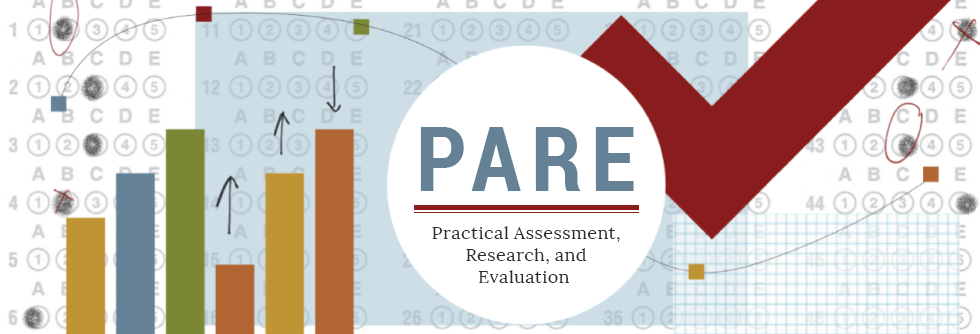Building Intrapersonal Competencies in the First-Year Experience: Utilizing Random Forest, Cluster Analysis, and Linear Regression to Identify Students’ Strengths and Opportunities for Institutional Improvement
DOI
https://doi.org/10.7275/pare.1325
Abstract
Leveraging research that illustrates the importance of intrapersonal competency cultivation and its correlation with institutional performance indicators of student success such as end-of-term cumulative GPA, persistence, and academic probation, our team set out to conduct an analysis on the effectiveness of a 1-unit credit/no-credit first-semester, first-year student seminar course. The course was designed to cultivate specific intrapersonal competency gains using a pre- and post-assessment design. Using a supervised Random Forest method and cluster analysis, the team expected to find unique differences in intrapersonal competency pre-, matched pre- and post-, and post-assessment inventory scores in a way where course design improvements could be made for specific student identities and their intersections. This manuscript focuses on the post-assessment analysis only, where the team found identifiable differences in small populations of identity groups. As such, this methodology asserts a plausible way to identify equity gaps when specific underrepresented identities are small in number and also explains how intrapersonal competencies can be better cultivated by the university for those underserved students.
Recommended Citation
Bresciani Ludvik, Marilee; Zhang, Shiming; Kahn, Sandra; Potter, Nina; Richardson-Gates, Lisa; Schellenberg, Stephen; Saiki, Robyn; Subedi, Nasima; Harmata, Rebecca; Monzon, Rey; Timm, Randy; Stronach, Jeanne; and Jost, Anna
(2022)
"Building Intrapersonal Competencies in the First-Year Experience: Utilizing Random Forest, Cluster Analysis, and Linear Regression to Identify Students’ Strengths and Opportunities for Institutional Improvement,"
Practical Assessment, Research, and Evaluation: Vol. 27, Article 21.
DOI: https://doi.org/10.7275/pare.1325
Available at:
https://scholarworks.umass.edu/pare/vol27/iss1/21
